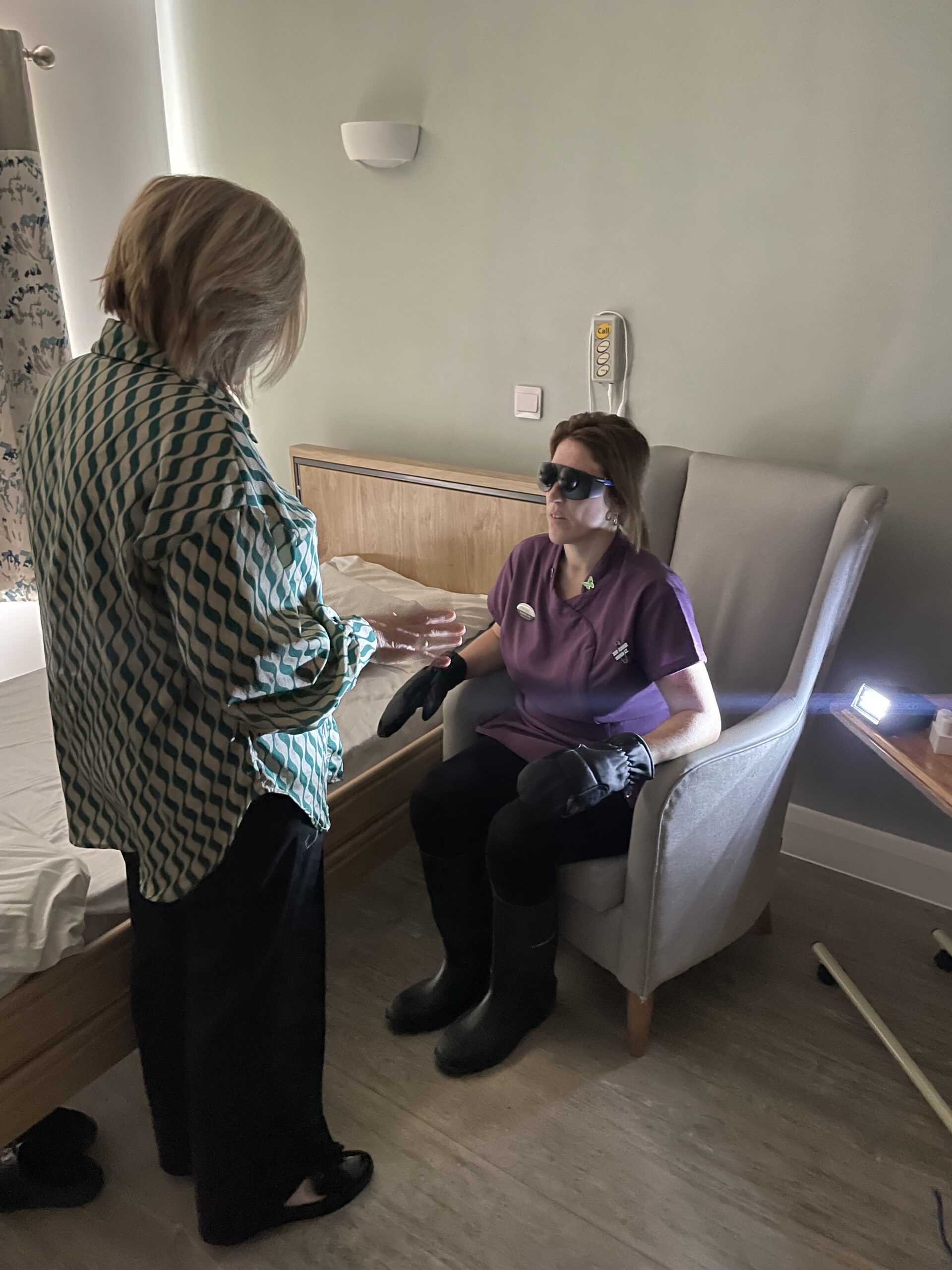Is moderate alcohol consumption the key to living beyond 90?
Recently there has been a lot in the news about how moderate drinking could actually help you live longer. A study conducted by the University of California linked the consumption of moderate amounts of both coffee and alcohol to people living a longer life. This notion goes against everything the NHS tells us about living healthy, so is it really true? Let’s take a look.
What the research says
In the study, the researchers looked at around 1,700 nonagenarians to see if they could find related traits that were common in people living past 90. The results shocked the medical community and have caused quite a stir worldwide.
The data showed that those who drank around two glasses of beer or wine each day decreased the chance of an earlier death by 18 per cent. As well as that, the figures suggested that two cups of coffee a day could reduce premature death by 10 per cent, and that those who were overweight in their 70’s actually lived longer than those at a healthy weight or who were underweight at 70.
In line with public health advice, the study did concur that regular exercise served to prolong life and suggested that being busy with hobbies and having a good social life could help too.
Could it be true?
It seems that, as a species, we’re determined to validate our love of a couple of drinks. Over the years there have been many studies conducted about moderate drinking, many of which came back with positive results.
A study in 2015 suggested moderate drinking, in particular of red wine, led to decreased risk of problems with the heart and of developing diabetes. Another study in 2016 seemed to back this up, showing moderate wine drinking to be beneficial for diabetes, osteoporosis and even neurological diseases such as dementia.
However, despite a handful pro-alcohol studies suggesting a benefit, there is far more research available which claims completely the opposite. Alcohol has been proven to affect all systems in the body, although the most badly affected is the liver which has to clean and filter your blood. Over time, alcohol will damage the liver and can cause fatty liver disease, hepatitis or cirrhosis.
Drinking can also affect the heart, as it increases blood pressure making the heart work harder. It has also been linked to cancers of the mouth, oesophagus, stomach, bowel and breast, and can cause deficiencies in vitamin B12 which can cause permanent memory loss. These facts are backed up by years of data from the NHS and are widely accepted by the medical community as being true.
So, what’s the truth?
While it’s impossible for us to say definitively that alcohol will or will not help you live longer, the one thing we can take from this recent news is that moderation is key. Current guidelines recommend no more than 14 units in a week, and that at least two days of the week are completely alcohol free.
Here at Westgate, we don’t believe in banning those things which make people happy. If our residents enjoy a drink, we absolutely allow them a glass of wine or a beer. However, we also understand the risks of overdoing things, and will do everything we can to help our residents manage their alcohol intake appropriately. For more information on alcohol in our home, please talk to a member of the team.

